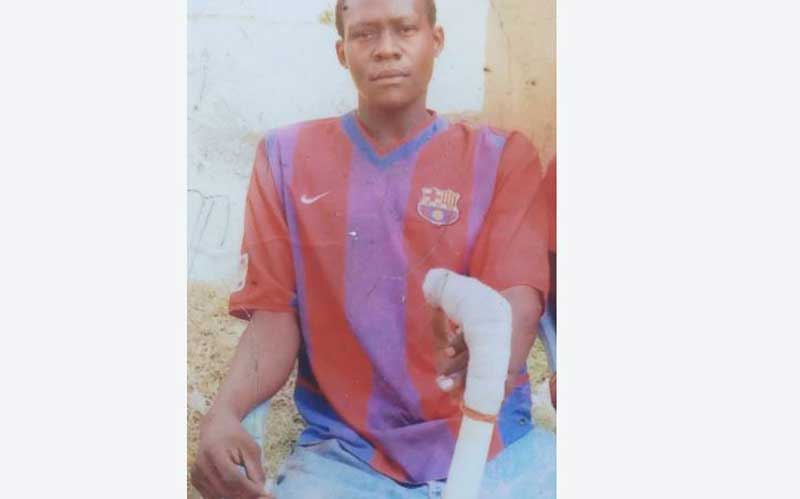×
The Standard e-Paper
Kenya’s Boldest Voice

Mama Florence Atieno reels with emotional pain any time she recalls the incident of January 24, 2016.
Her family became a victim of human-wildlife conflict, when her last born son Duncan Otieno died after a crocodile attack at Usoma Beach in Kisumu West Sub-county. Shreds of his mutilated body were recovered hours later.